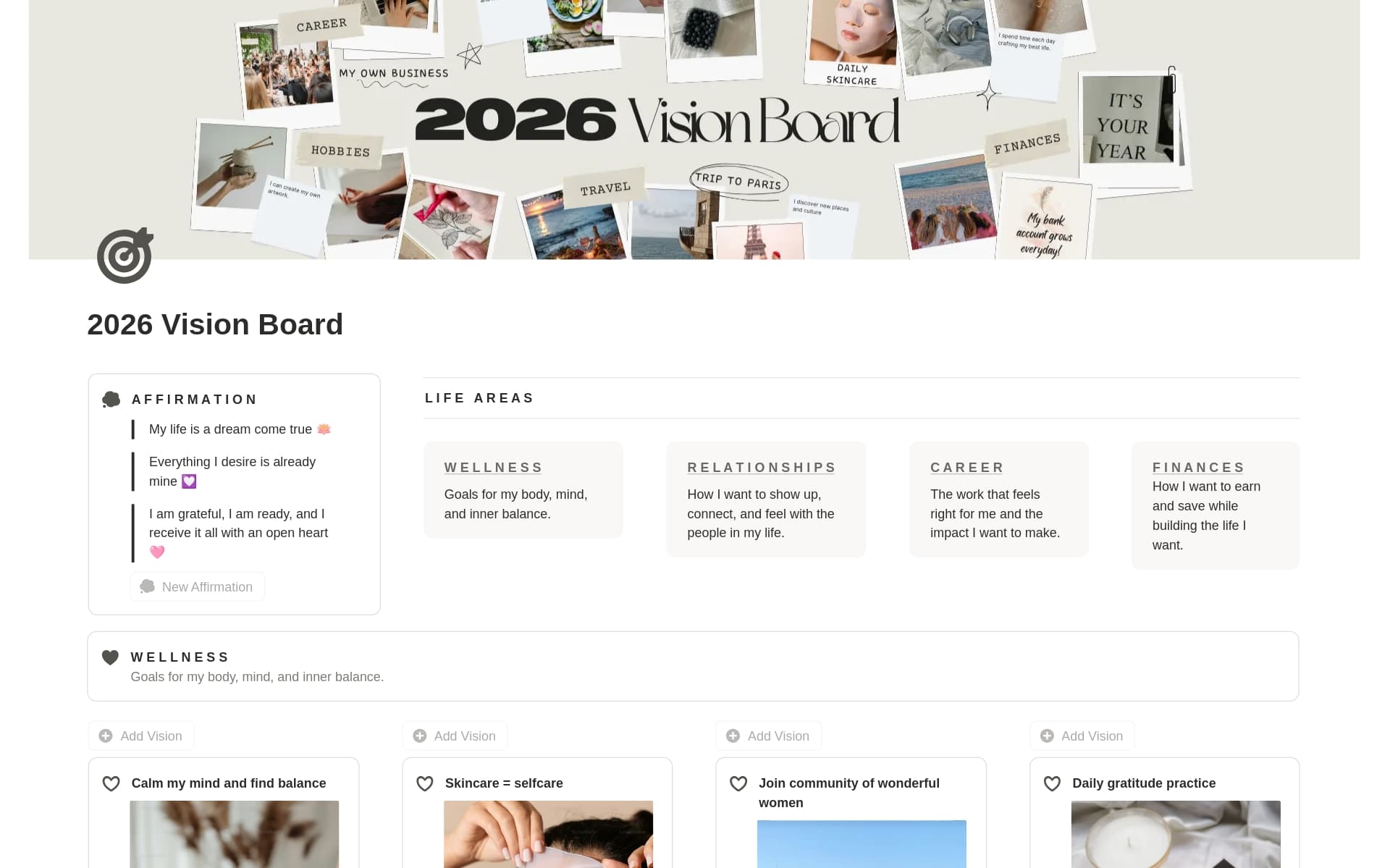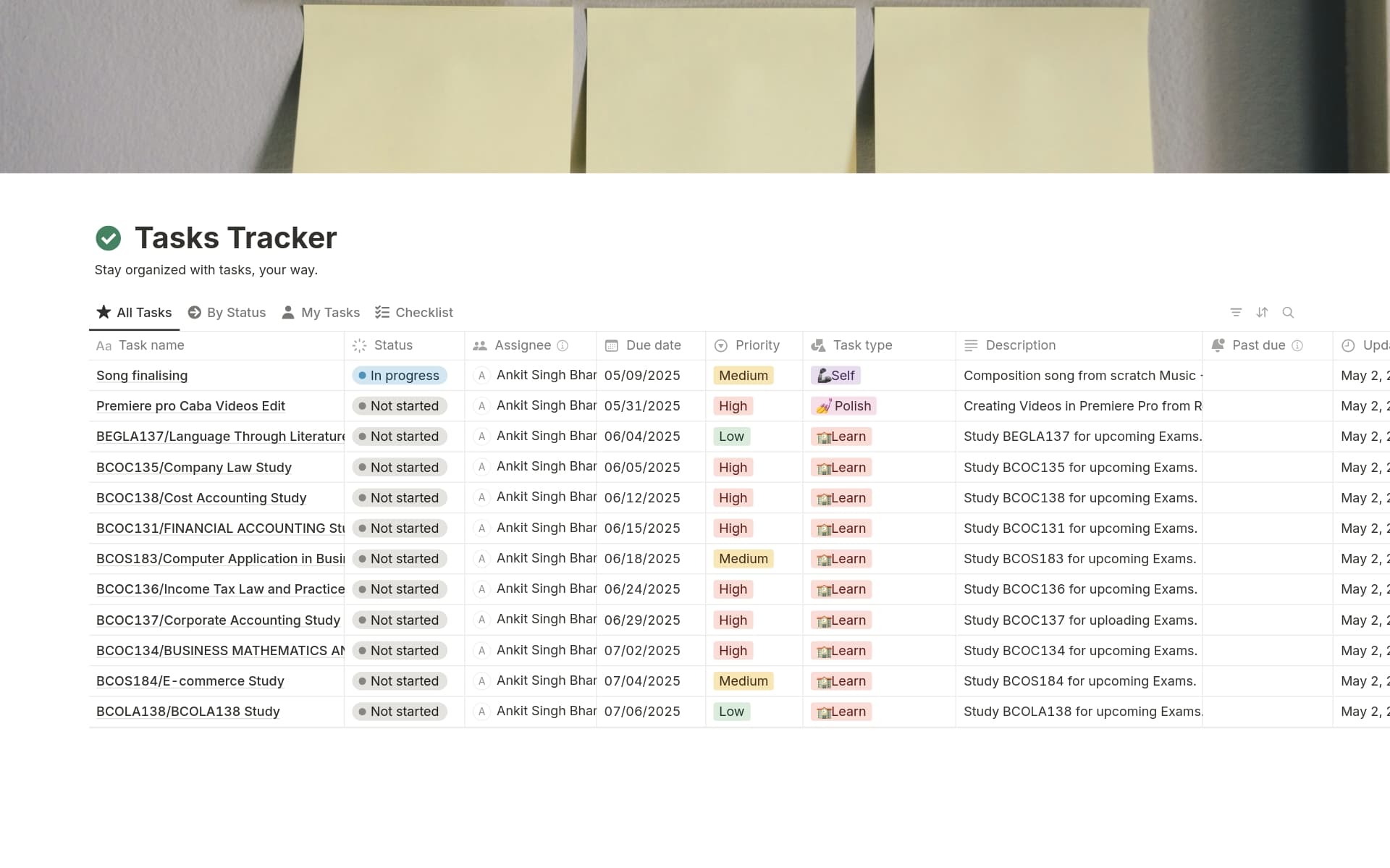An Engineering Knowledge Base serves as a central repository for software developers, providing an organized access to coding guidelines, architecture patterns, and best practices that are essential for building robust applications. An Eng Knowledge Base Notion template could streamline the process of collecting and sharing this crucial knowledge by offering a structured framework that encourages collaboration and knowledge transfer among team members.
Before starting to create your own Eng Knowledge Base template, consider exploring the curated selection of templates listed below. These pre-designed options can simplify the process and offer valuable insights into organizing your engineering resources effectively.
What Should Eng Knowledge Base Templates Include?
Choosing the right Eng Knowledge Base template can streamline project documentation and enhance team collaboration. Here are key components to look for when selecting a template:
Comprehensive Search Functionality - Ensure the template supports robust search capabilities to quickly locate specific documents or information.
Integration Options - Check for compatibility with other tools used by your team, such as version control systems or project management software.
Scalability - Opt for a template that can grow with your team, accommodating more data and users without performance hitches.
User-Friendly Design - A good template should have a clean, intuitive layout that makes it easy for all team members to use and contribute to.
Selecting a template with these features will ensure that your team's knowledge is well-organized, accessible, and up-to-date, facilitating smoother project progress and innovation.
What Should Eng Knowledge Base Templates Avoid?
Choosing the right Engineering Knowledge Base template is crucial for streamlining information retrieval and ensuring effective knowledge sharing among team members. However, certain features can hinder rather than help. Here are three key components to steer clear of:
Overly Complex Categorization: Templates that feature too many categories or overly complex subcategories can make navigation confusing and slow down the process of finding information.
Excessive Customization Options: While some customization is beneficial, templates with too many options can be overwhelming and lead to inconsistency in how information is recorded and maintained.
Fixed or Rigid Structures: Avoid templates that do not allow for adjustments or additions. Engineering projects evolve, and so should the structure of your knowledge base to accommodate new types of information or methods.
Remember, the goal is to enhance productivity and knowledge sharing. Choose a template that is simple, flexible, and designed with the user in mind to foster an environment of efficient and effective communication.




